Getting reimbursed properly for performing procedures is all in the details, especially in areas that can be confusing to code.
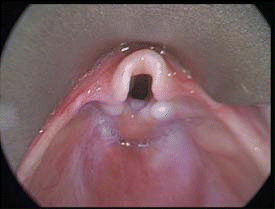
For Laryngomalacia, Microdebrider-Assisted Supraglottoplasty Preferred
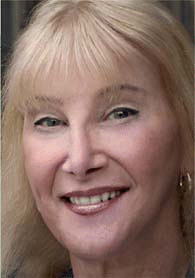
Pulsed-Dye Laser May Be Useful for Vocal Fold Scarring
Every five years I make a list of the ten toughest problems in laryngology, said Jamie Koufman, MD, Director of the Voice Institute of New York.

‘Mind-Body-Spirit’: Holistic Otolaryngologists Have a Different Perspective
Of the more than 13,000 health care providers who are members of the American Academy of Otolaryngology-Head and Neck Surgery, exactly three of them officially practice holistic otolaryngology as members of the American Holistic Medical Association, which itself is only about 1,000 members strong and just now entering its 30th year.
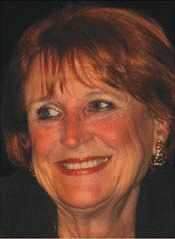
Patient-Reported Outcomes Assessment in the Practice Setting: Part 2: Setting Up an Outcomes Assessment Program in Your Practice
Disease-specific outcomes measures in otolaryngology-head and neck surgery can be completed by your patients before and after treatment, enabling tracking of these important outcomes with a minimum of disruption to the normal practice routine
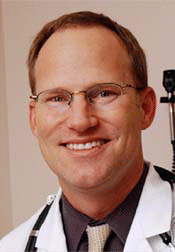
FDA Guidance on Sinusitis and Its Potential Impact on Treatment

Transoral Laser Resection for Early Glottic Cancer
During her presentation at the 2007 Combined Otolaryngology Spring Meeting in San Diego, Dana M. Hartl, MD, PhD, from the Department of Otolaryngology Head and Neck Surgery at the Institut Gustave Roussy in France, described her findings from a retrospective, bi-institutional study designed to review the results of a large series of patients with early glottic squamous cell carcinoma treated with curative intent by transoral laser resection.
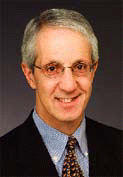
The ‘Medical Home’: A New Deal for Doctors or Gatekeeper Redux?
If primary care physicians are to be believed, home is where the patient is-the Patient-Centered Medical Home (PC-MH), that is.
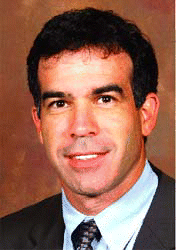
Office-Based FNA Thyroid Nodule Biopsies a Viable Option
Physicians can successfully perform ultrasound-guided (US) fine-needle aspiration biopsy (FNAB) of thyroid nodules in the office instead of referring patients to a hospital-based radiologist for the procedure, according to new data presented at the annual meeting of the American Academy of Otolaryngology-Head and Neck Surgery.
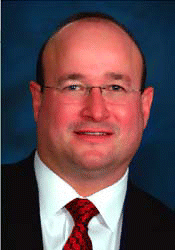
To Accredit or Not to Accredit?: Accreditation Soon May Be Required for In-Office CT Scanners: Part 2 of 3
By March 1, 2008, otolaryngologists offering point-of-care CT scanning-and who are UnitedHealthcare providers-must initiate accreditation of their diagnostic facilities.
- « Previous Page
- 1
- …
- 38
- 39
- 40
- 41
- 42
- …
- 50
- Next Page »